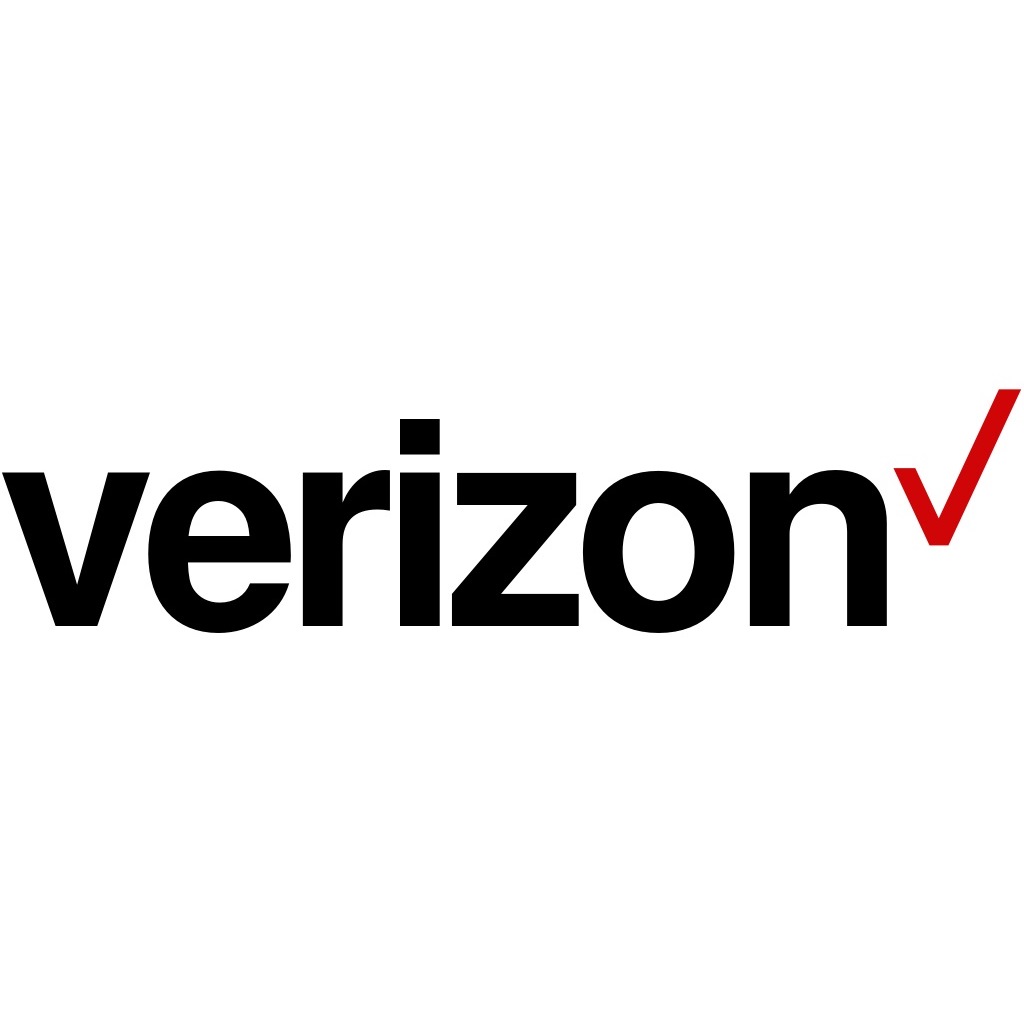Telecom & Wireless
How Much Will Consumers Get If Wireless Carriers Overcharged?

Published:
Last Updated:

According to a number of accounts, The Justice Department believes that major wireless carriers may have worked together to keep consumer prices high. The charge is aimed primarily at AT&T (NYSE: T) and Verizon (NYSE: VZ), the two largest carriers. The accusations may cost the companies huge sums in fines, and probably more in rebates to customers
AT&T and Verizon each have over 100 million subscribers. At the core of the probe is whether the companies made it difficult to move from one carrier to another. The financial enemy of these companies is churn, a term which means that subscribers pick one carrier and then quickly leave. To recoup the cost of marketing to initially get consumers requires that these consumers remain with the carrier for months, if not years. If they move to another carrier quickly, churn become the roadblock to profits.
As is the case with many such government probes, if The Justice Department finds there was an attempt to make customers spend more than they would have to in an entirely free market, the fines would be substantial. The government would also require the companies to reimburse consumers for the sums they overspent due to the scheming which set a system to illegally improve their revenue.
It is not unusual for the government to set fines. Money given back to customers under these circumstances is often a result of class action suits. Undoubtedly, some law firms are drawing up papers in the anticipation of that already.
How much might be involved? Any figure would only be a guess. Citibank paid customers a total of $700 million in 2015 for overcharging customers. It paid $330 million in customer refunds earlier this year. Bank fines, of course, cannot be compared to what the wireless companies might have to pay if The Justice Department makes a major claim against them which includes a fine.
Suffice it to say the U.S. wireless carriers could face substantial fines and customer rebates if the media reports of Justice Department investigations are true
If you’re like many Americans and keep your money ‘safe’ in a checking or savings account, think again. The average yield on a savings account is a paltry .4% today, and inflation is much higher. Checking accounts are even worse.
Every day you don’t move to a high-yield savings account that beats inflation, you lose more and more value.
But there is good news. To win qualified customers, some accounts are paying 9-10x this national average. That’s an incredible way to keep your money safe, and get paid at the same time. Our top pick for high yield savings accounts includes other one time cash bonuses, and is FDIC insured.
Click here to see how much more you could be earning on your savings today. It takes just a few minutes and your money could be working for you.
Thank you for reading! Have some feedback for us?
Contact the 24/7 Wall St. editorial team.